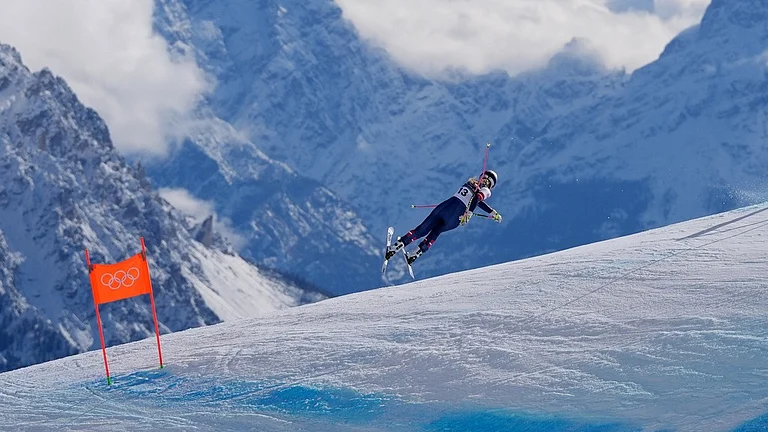Oting—a name and a place whose existence was noted by the world only after it bled through the flesh of its innocent youth. A name that will now, and forever, stand as a synonym for injustice, tragedy, and perhaps, fascism. An incident that will go down in the history of Nagas and their fight for justice.
I remember the day I wrote my poem, ‘The Madman Laughs’. I was standing in the midst of a crowd, watching the funeral procession. People stood and spoke of many things—leaders of all sorts tried to take a stand. But the whispers travelling among the crowd seated on the ground acted like a mirror, reflecting the dirty secrets of our society that everyone, all these years, had turned their eyes away from. There was a madman who sat there and laughed every time the crowd roared in unison. I felt like a spectator witnessing a play, with the old man who managed to arrive late even to a funeral, being the punch line of a really bad joke.
A funeral gets a completely different meaning when it is carried out among the masses. The recent pandemic is proof where the disposal of dead bodies en masse left us aghast. But this seems to be a sad reality that people in war-torn lands have come to accept as well. Because when people in power are at war with each other, us humans living below the lines are turned into numbers. Quoting from my poem: “When you live in a world with no balance, you’re either the fortunate one or the one that gets trampled upon. There’s no in-between.”
The poem itself seems to have come from a place of defeat; or an act of accepting the already predictable future—that just like our people have been denied justice and their rights for decades, even now, being from a minority community, nothing much has changed. The country we live in claims to be a democratic country but denies its people their freedom of speech and expression, wherein a simple music video that was meant to be a tribute to the 13 deceased men of Oting was removed from YouTube because it was “inappropriate” and “offensive”.
We’ve been fighting an unseen war for years with no signs of hope, whatsoever. And people have grown weary of carrying the weight of their past. We seem to now live in a world that is trying so hard to move on as quickly as it can from the tragedies around them. I say this because I’ve been part of that crowd for a very long time, trying to pretend as though a certain section of our history never even existed. We look at the world through the lens of make-believe fantasies where there exists no war, no revolution and no fight for justice. A life lived in denial. And so, it’s a dangerous time to live in. On that note, I end with a poem by Emisen, a Naga poet.
“Sometimes when I pass
The faded greens with
Guns in their hands,
I forget…
When I’m stuck between
Rows
Of netted trucks lumbering up
The steep slope,
I forget…
That this land, wrapped
In festivals and songs,
Is still tied with
Barbed wire ribbons.”
—Emisen
(This appeared in the print edition as "FATAL APATHY")
(Views expressed are personal)
H. Kemya Yanlem is a writer pursuing her Masters degree in English from IGNOU






















